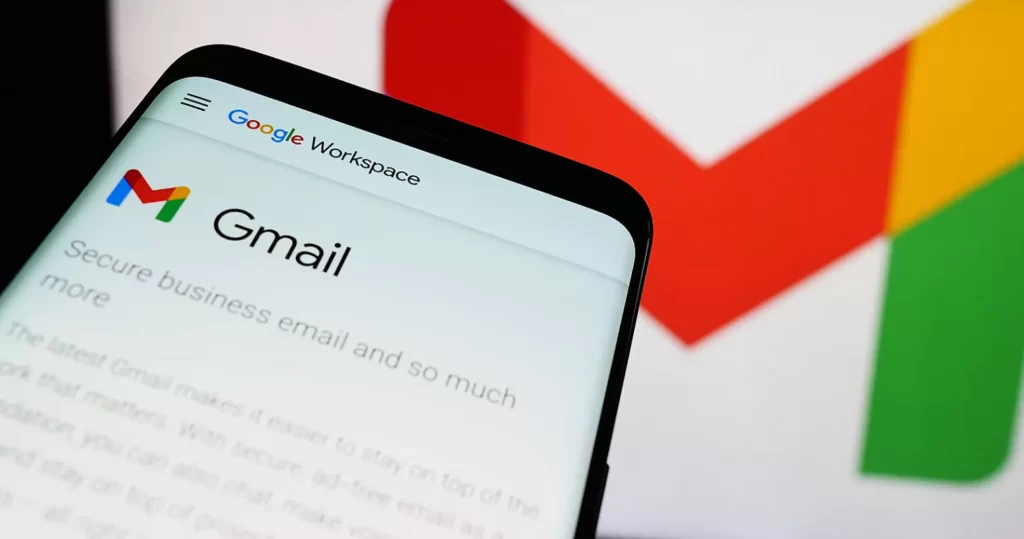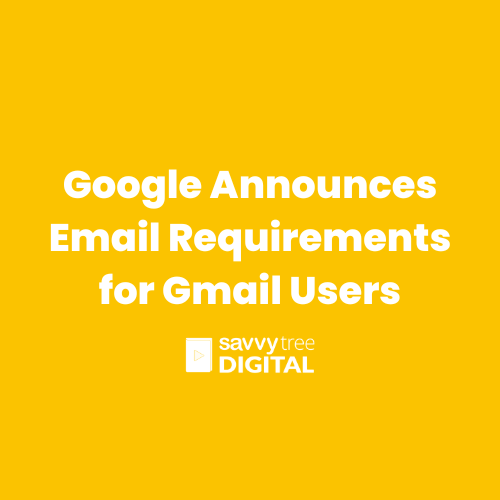In a recent announcement, Google has announced new email requirements for Gmail users who send more than 5,000 messages per day. These requirements are designed to reduce spam and improve the Gmail experience for users.
- Authenticate emails: Bulk senders must authenticate their emails using DKIM (DomainKeys Identified Mail). This will help to ensure that emails are coming from a legitimate source and reduce the chances of spoofing.
- Enable easy unsubscription: Bulk senders must provide a one-click unsubscription option and process requests within two days. This will give users more control over their inboxes and reduce the amount of unwanted email they receive.
- Stay below a spam rate threshold: Bulk senders must stay below a certain spam rate. This will help to ensure that Gmail users are not bombarded with spam messages.

Most of these requirements are easy to follow, but the spam rate threshold could be a problem for senders with low response rates. Competitors could also use this against them by signing up to their email list and marking their emails as spam.
Google’s new email requirements are a good step towards reducing spam, which affects every Gmail user in some way. By filtering out more unwanted emails, these changes will save users time and empower them to keep their inboxes clean.
Google has provided a detailed overview of the upcoming update and what senders need to do to comply.
However, Google is likely to have considered this and probably has detection systems in place to prevent manipulation of the new thresholds.

